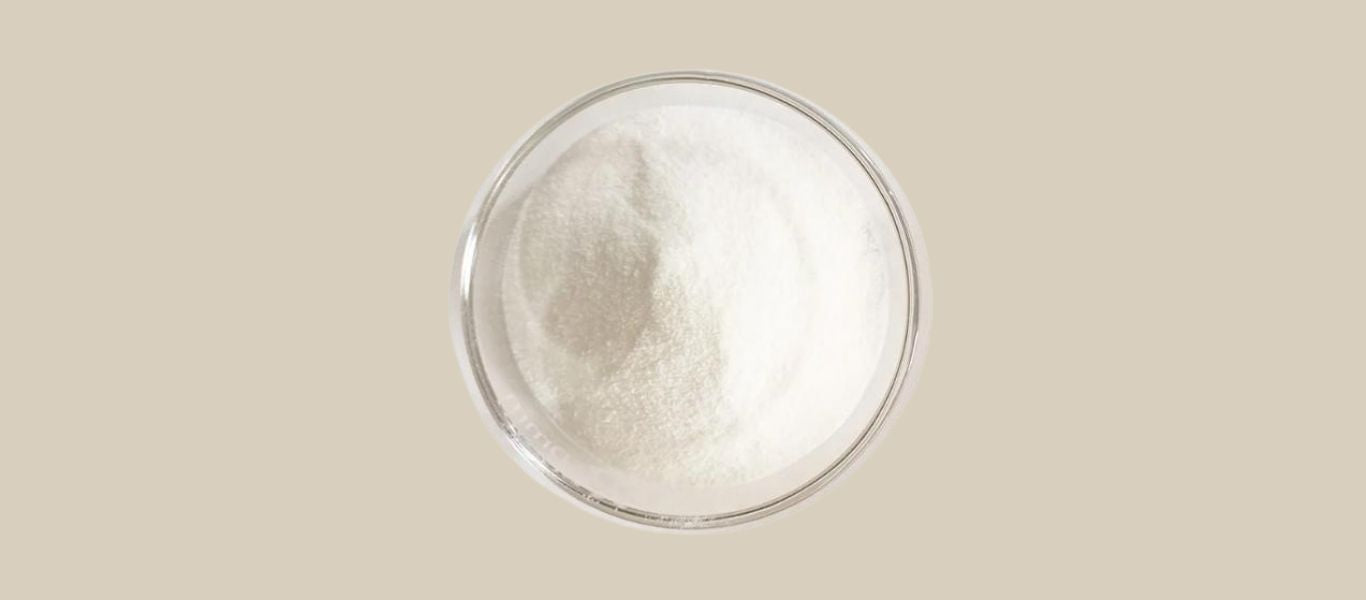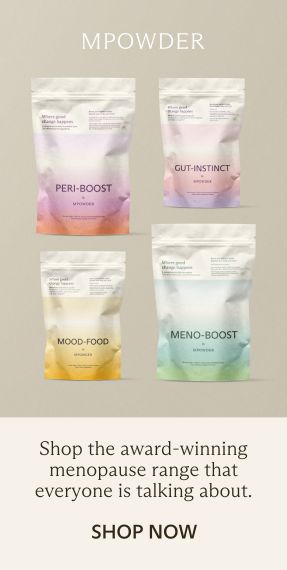Midlife often marks a shift in our relationship with our bodies. Hair thins, nails weaken, and skin loses its glow. So it's no surprise that biotin for menopause has become a buzzworthy supplement. But what exactly is biotin, and does it live up to the hype?
Biotin, also known as vitamin B7, is a water-soluble vitamin that plays a key role in converting food into energy. It’s part of the B-complex family and essential for the metabolism of carbohydrates, fats, and proteins. More recently, it’s gained fame for its role in supporting hair, skin, and nail health—areas many women find more fragile during menopause.
What Might Biotin For Menopause Do for Menopausal Health?
During menopause, hormonal fluctuations—particularly declining oestrogen—can impact collagen production, skin elasticity, and keratin structure. These changes are often behind the brittle nails, dull skin, and increased hair shedding experienced by many women.
While clinical studies on the effect of biotin for menopause biotin are limited, early research and anecdotal evidence suggest it may help:
- Strengthen brittle nails
- Support hair regrowth or reduce shedding in those with deficiency
- Improve skin hydration and resilience when combined with other B vitamins
Importantly, biotin deficiency is considered rare—but mild insufficiencies may occur in individuals with certain gut conditions, restrictive diets, or long-term medication use.
How Should You Take Biotin?
Biotin is water-soluble, which means your body doesn’t store it—you need to consume it regularly, ideally through diet. Excellent food sources include:
- Eggs (cooked)
- Salmon
- Seeds and nuts
- Sweet potatoes
- Legumes
Supplementation can be considered if dietary intake is low, or if you’ve been advised to do so by a healthcare provider. Most supplements range from 30 to 100 micrograms (mcg) per day. However, some over-the-counter beauty supplements exceed this range significantly—without clinical evidence that higher doses are more effective.
Is Biotin in MPOWDER Formulations?
Yes. You’ll find biotin in MOOD-FOOD, alongside a synergistic blend of B-vitamins, nootropics, and adaptogens. It’s also included in our PERI-BOOST formulation, which supports energy, skin, and hormonal health during early menopause transition.
We formulate with whole-body wellness in mind—ensuring bioavailability, balance, and co-factors are present to optimise absorption and minimise the need for mega-dosing.
Are There Any Risks?
Biotin is considered safe at recommended levels. However, high-dose biotin supplements can interfere with blood test results, including those used to assess thyroid function and detect heart attacks. Always tell your doctor if you’re taking a biotin supplement before any lab work.
As with all supplements, consult your healthcare provider before adding biotin to your routine—especially if you’re managing a medical condition or taking other medications.
Final Thoughts
Biotin might not be the magic bullet it’s sometimes made out to be—but it does play a helpful role in supporting the visible signs of wellbeing that can be impacted by menopause. Our view? Prioritise a nutrient-rich diet, and reach for well-formulated, food-first supplements when needed.
Explore More
> Discover MOOD-FOOD
> PERI-BOOST for skin, energy and early symptoms
> Meet our full product range
Sources:
https://www.ncbi.nlm.nih.gov/pmc/articles/PMC5582478/
Share Twitter Facebook Pinterest

